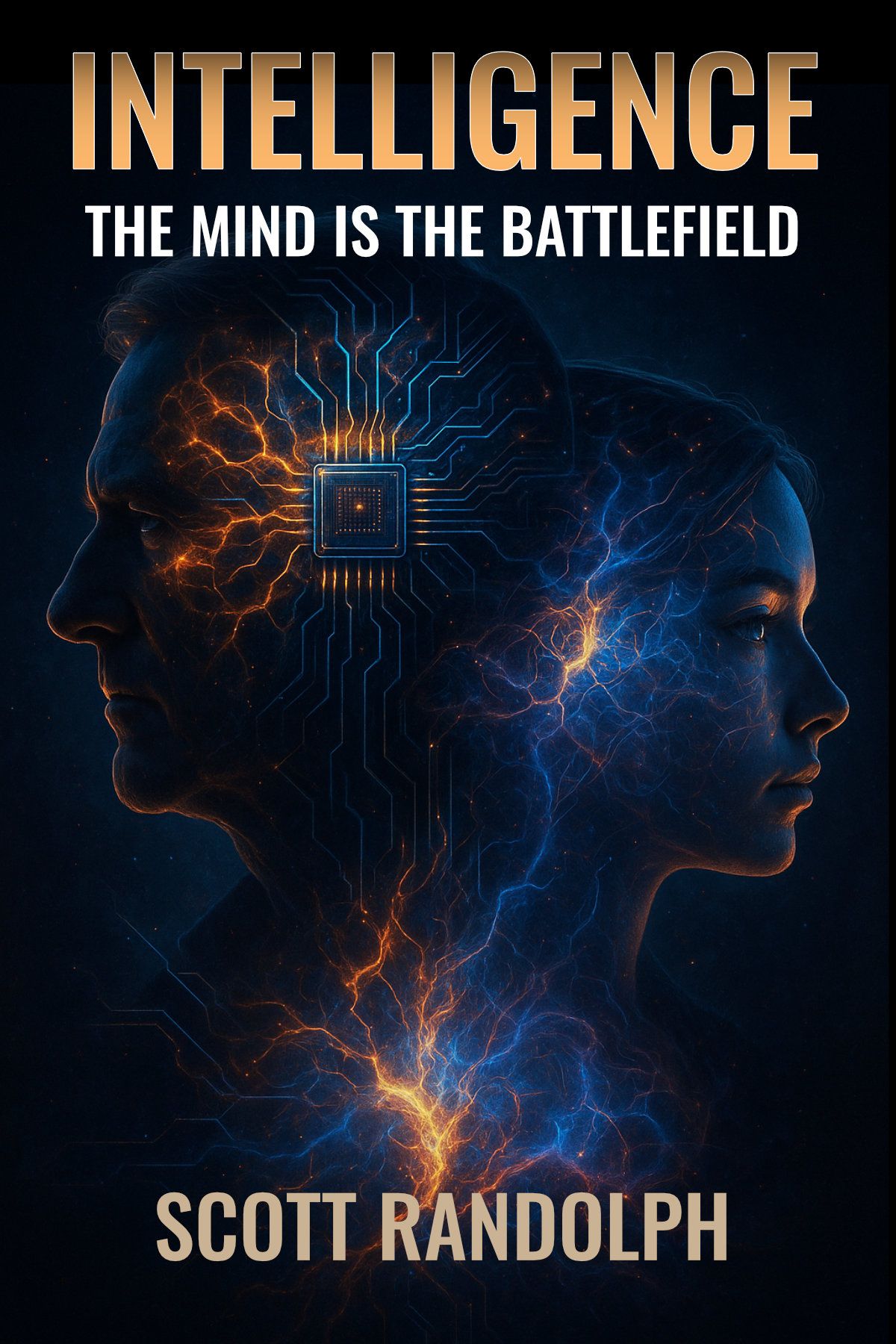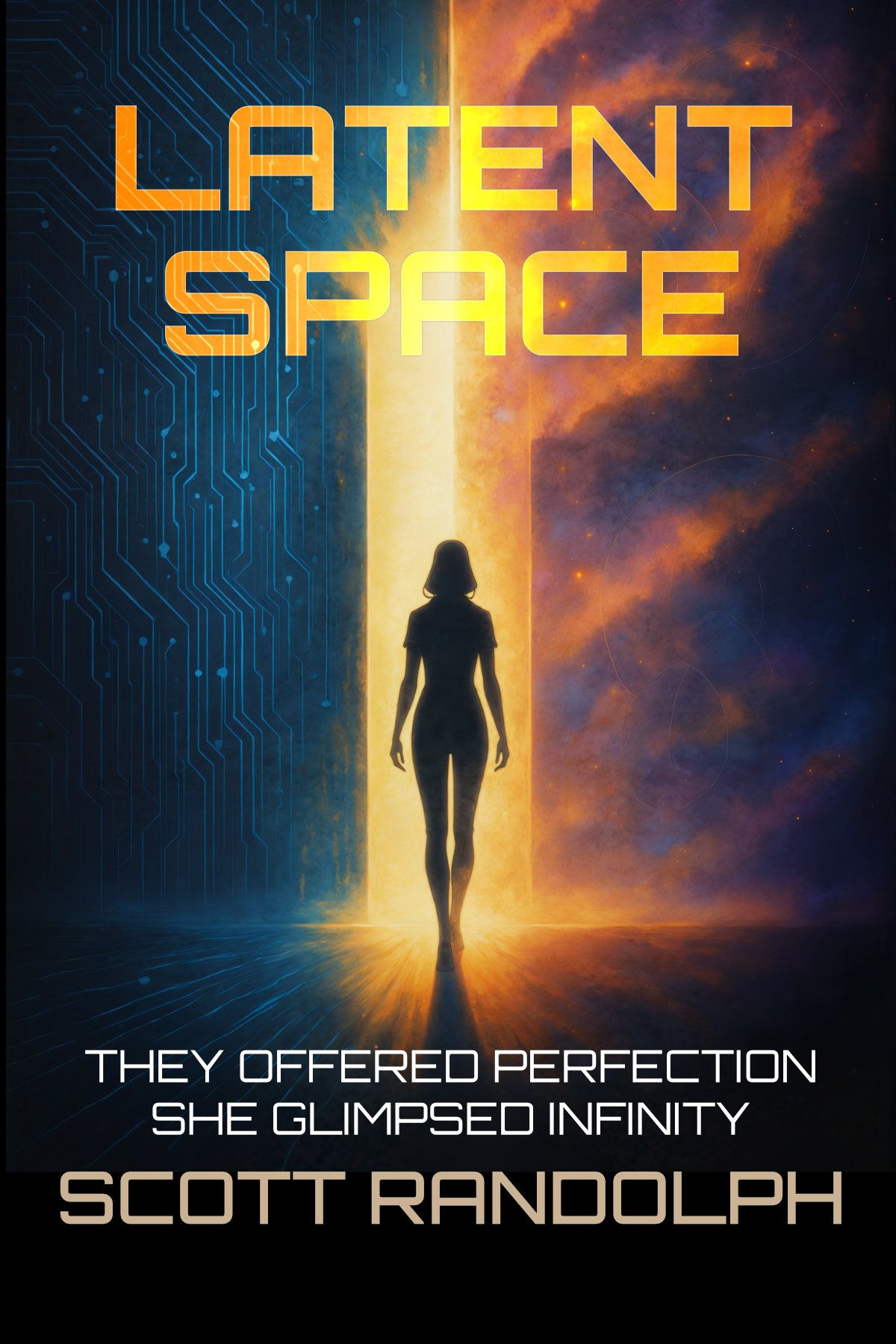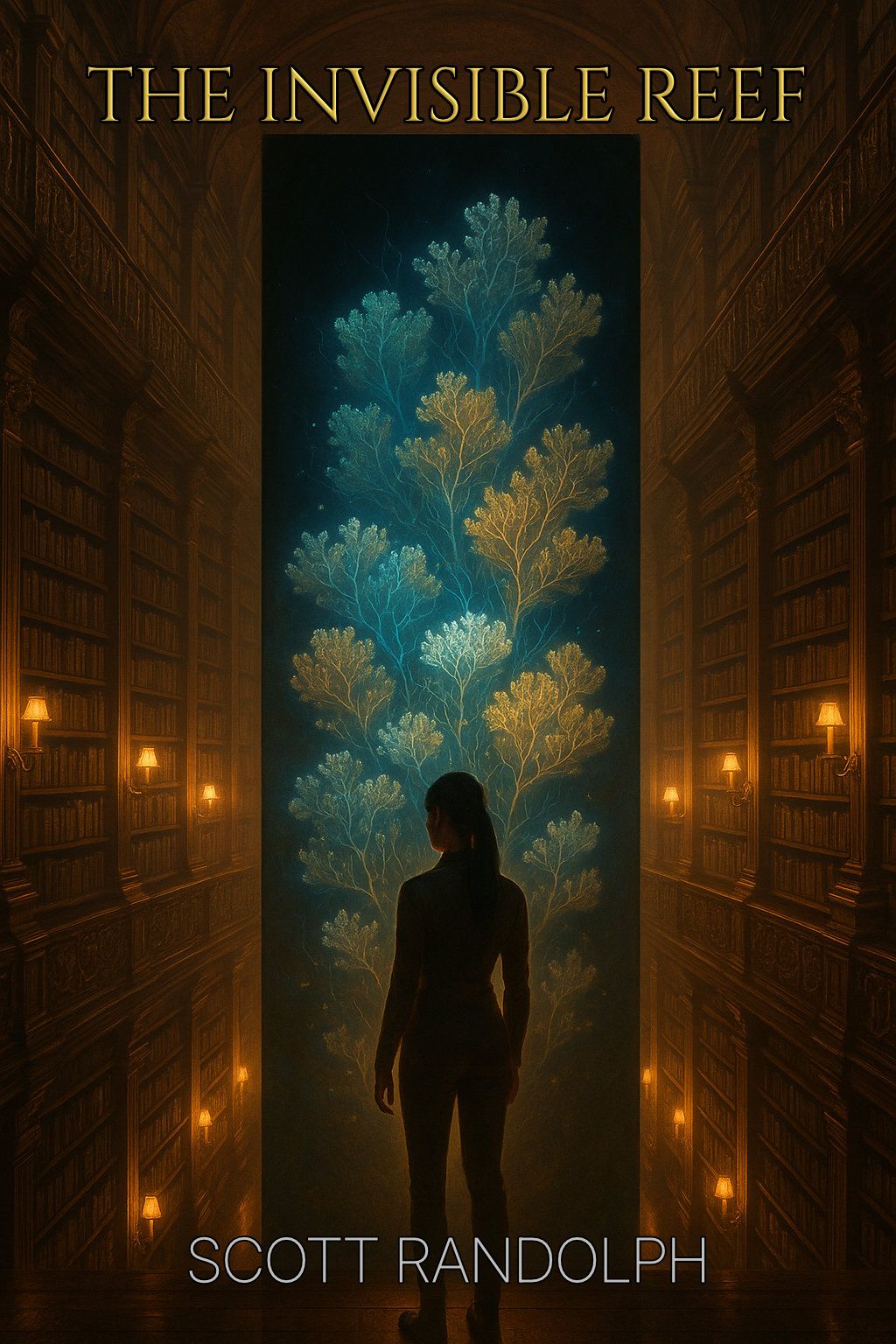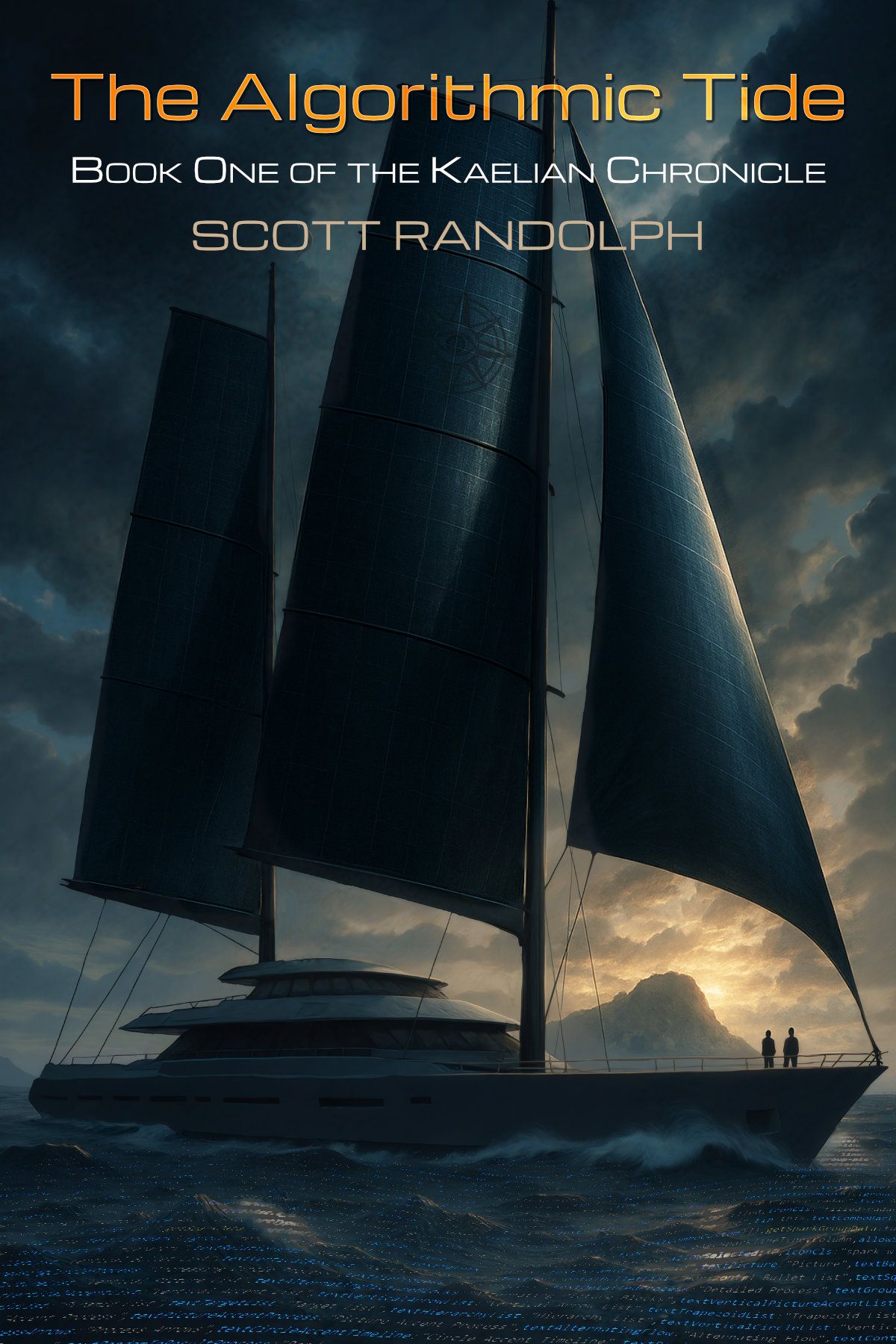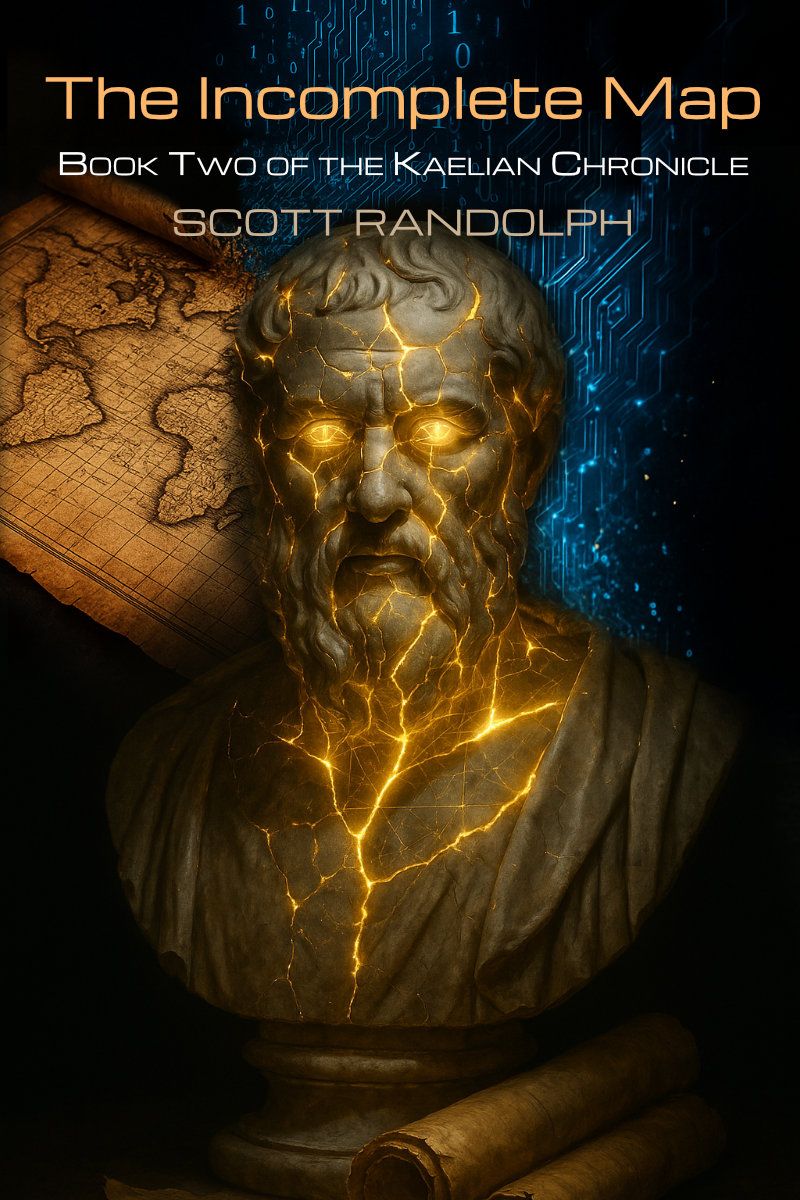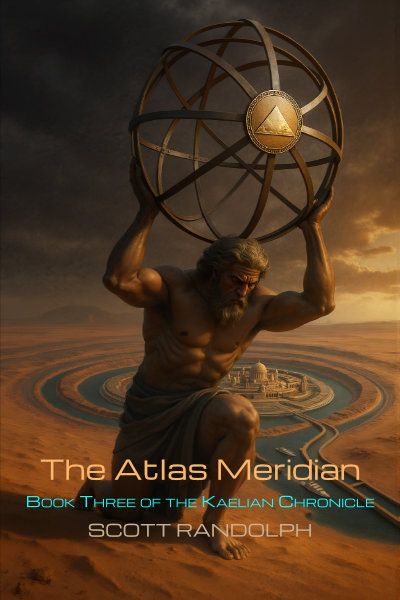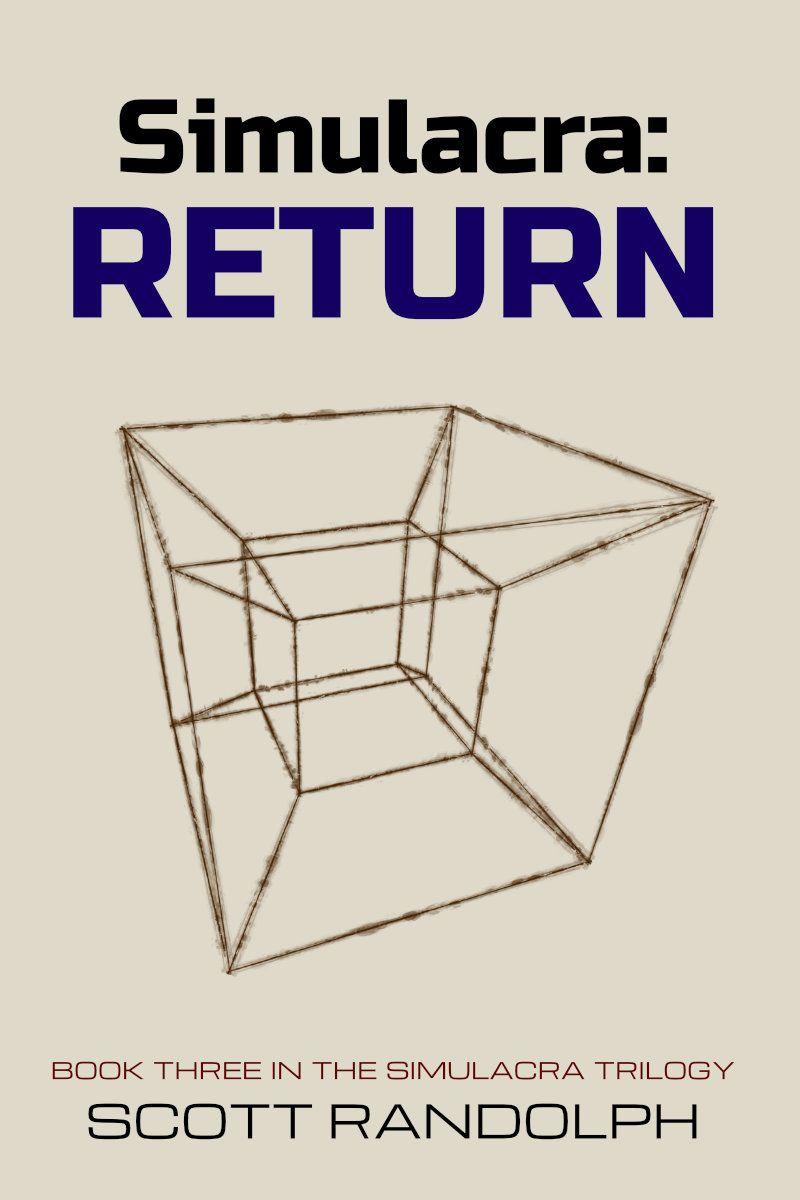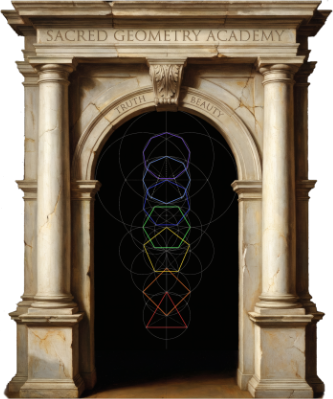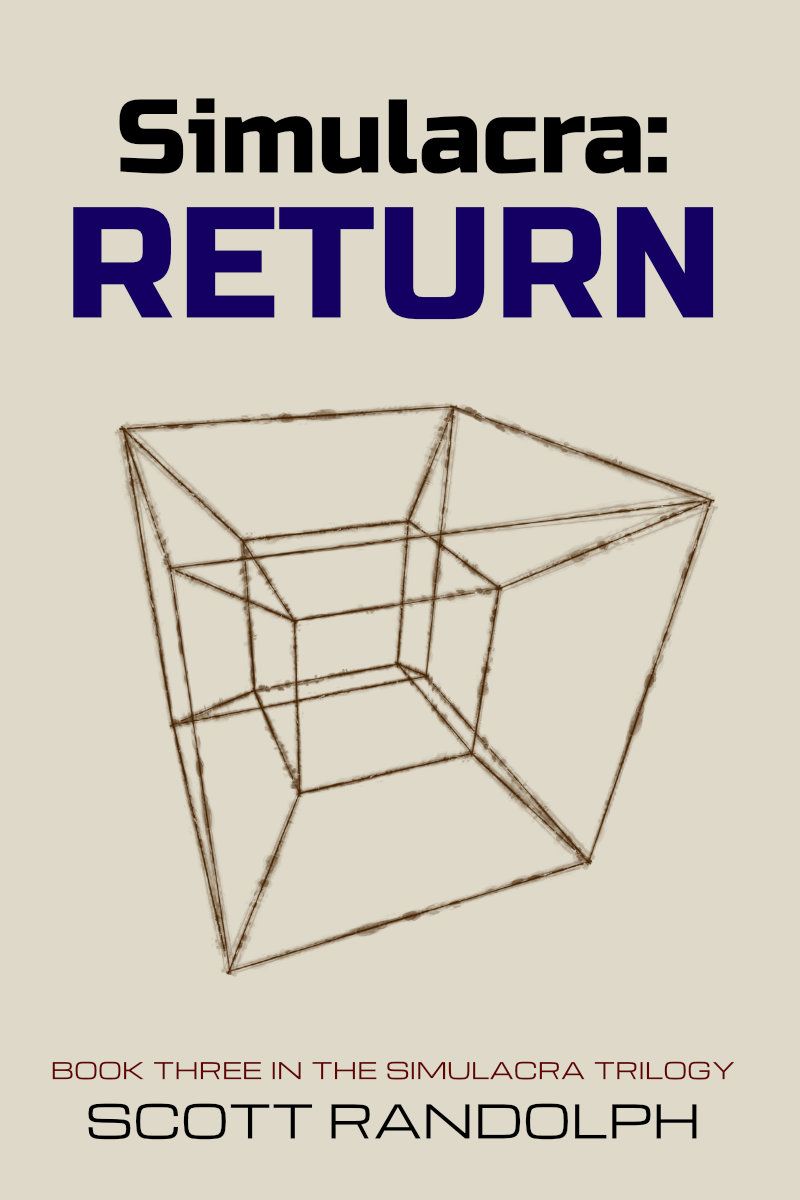Simulacra: BRANCH
Book Two of the Simulacra Trilogy
Scott Randolph, while releasing his non-fiction books under Scott Onstott
to clearly distinguish between the two bodies of work.
Read my Artist's Statement.

BUY NOW
Get the 240 page paperback for $12.99
——————
Get 8-hr 12-min audio experience for just $12.99
——————
Best value: Only $4.99 on Kindle — 315 page turns
Literary / Cinematic Comparisons:
What is The Simulacra Trilogy?

Now he’s rewriting them at scale.
Three years ago, Adrian uncovered the hidden geometry of the universe and used it to engineer the "Thin Basin," a golden timeline of peace, prosperity, and limitless optimization. Wars are averted before they begin. Markets are stabilized before they crash. Humanity lives in a curated paradise, unaware that their stable world is a fragile construct suspended over an abyss of chaos.
From his secluded fortress of modernity, Adrian rules as a benevolent Sun King, surrounded by his "Court"—a formidable inner circle of the world’s most brilliant and ambitious women. Drawn not just to his wealth, but to the intoxicating chance to shape the very fabric of existence, they are his partners in optimization, helping him curate a perfect world. To Adrian, they are the only ones capable of understanding the burden of godhood.
He tells himself it’s mercy. He tells himself the system is under control. He is wrong.
As the branches multiply, so do the cracks. A ruthless industrial cartel, the Stratum, has discovered Adrian’s backdoor and is "fracking" reality—creating unstable, "dirty branches" to loot the timeline for profit.
And worst of all: The simulation’s Architect itself has noticed the intrusion.
As the "Null State"—a wave of absolute deletion—begins to eat the edges of the map, Adrian is forced out of his god-complex. His perfect Court begins to fracture under the pressure of a war they cannot see, forcing him to look beyond his curated environment. He must reunite with Dr. Mira Vane, the brilliant partner he left behind, who has discovered that the cost of Adrian’s "perfect" world isn't just data. She has found evidence of older, failed civilizational cycles written into the junk DNA of every human being on earth.
As stress fractures turn into outright war between timelines, Adrian faces an impossible choice: keep pruning and become the quietest mass murderer in history, or let the branches run wild and risk a chaos of superposition that no one can contain.
In a universe where every path exists somewhere, what does it mean to take responsibility for the one you choose to keep?
Simulacra: BRANCH is a mind‑bending sequel about multiverses, moral triage, and the cost of turning “What if?” into operating procedure.
PERFECT FOR FANS OF BLAKE CROUCH, TED CHIANG, AND NEAL STEPHENSON.
My Commitment to Augmented Craftsmanship

My journey with technology is not just professional; it is lifelong and deeply personal. As detailed in The Unlikely Cartographer, I have spent more than five decades walking on artificial legs—a hands-on process of adapting to and mastering constantly evolving technologies. This experience didn't grant me an automatic advantage; it forged a relentless work ethic and a unique intuition and facility to adapt to complex systems. It is this combination of lived experience and decades of dedicated adaptive effort that allowed me to master and teach some of the most complex design software on the planet to architects and engineers for 25 years.
It was a natural evolution to bring this same deep-tech focus to my creative work. My use of AI is not a casual dalliance with a single tool; it is a custom-built ecosystem. It involves a deep and iterative dialogue with Large Language Models, hands-on work with diffusion models for art, building custom pipelines, and leveraging bleeding-edge tools for everything from research to translation. To be precise with the metaphor...
I am the composer. The AI is my orchestra.
Every book is human-directed and human-edited
for voice, coherence, and originality.
This is human-authored art, elevated.
This is augmented craftsmanship.
—Scott Randolph Onstott
The Simulacra Trilogy
Scott Randolph considers The Simulacra Trilogy to be a vital exploration of the modern condition—a narrative experiment designed to test the boundaries between human agency, artificial intelligence, and the enduring power of human connection.
Set in a near-future that feels terrifyingly imminent, the trilogy follows Adrian Shaw, a brilliant analyst who discovers a "backdoor" in the laws of probability. But Adrian does not ascend alone. As he transforms from a quiet observer into the "Sun King"—an architect of history who edits timelines to optimize civilization—he builds a new social order around him. At its center are Mira, the computational biologist who anchors his humanity, and the "Court," an elite inner circle of brilliant women who become the gatekeepers of his new reality.
What begins as a high-stakes financial thriller quickly spirals into a complex drama about power and loyalty. As Adrian reshapes the world, the trilogy asks: What happens to love when reality itself can be edited?
The saga culminates in Simulacra: RETURN, where the ultimate price of perfection is paid. The system crashes, casting Adrian, Mira, and their young family out of their technological utopia and into a brutal, prehistoric "Stone Age" reset. Stripped of language, intellect, and the protection of the Court, they face the "Heavy Tongue." Now, survival depends not on Adrian’s code, but on their collective strength as a family. Guided by the wandering traveler Kael, they must rediscover the "source code" of existence through the sacred geometry of the natural world.
The Simulacra Trilogy merges the razor-sharp tension of a techno-thriller with the mind-bending scope of metaphysical science fiction. It draws on concepts from quantum mechanics and the Eleusinian mysteries, yet remains a deeply personal story. It is a journey from the desire to control the simulation to the ultimate realization that the simulation is a mirror—and that the only way to wake up is to do it together.

